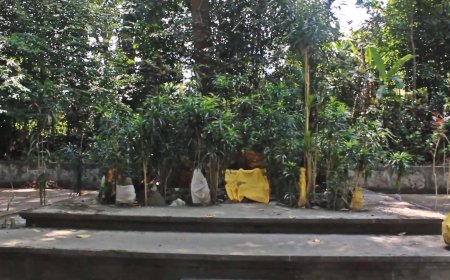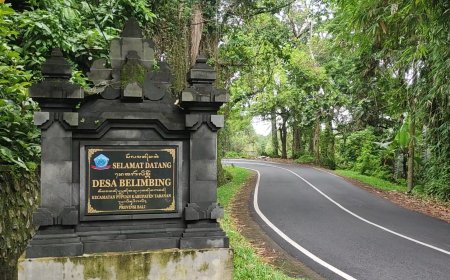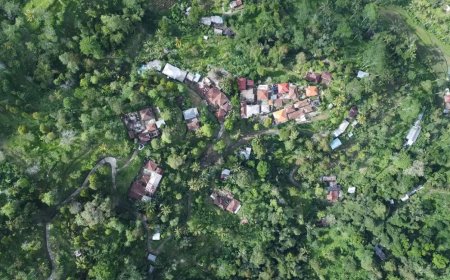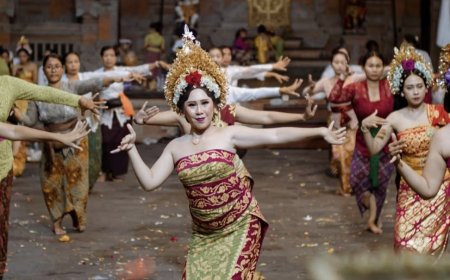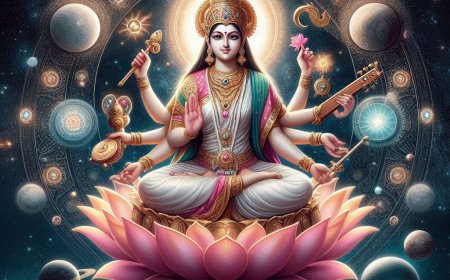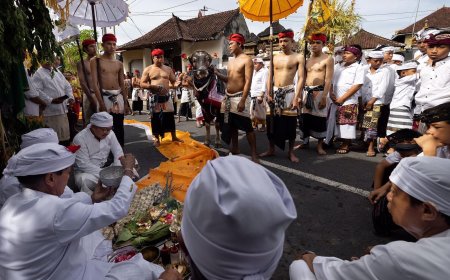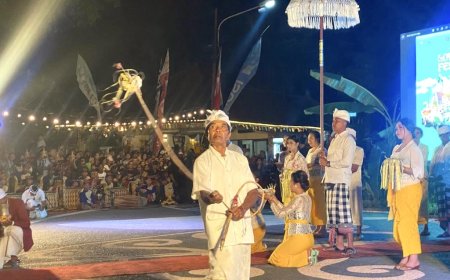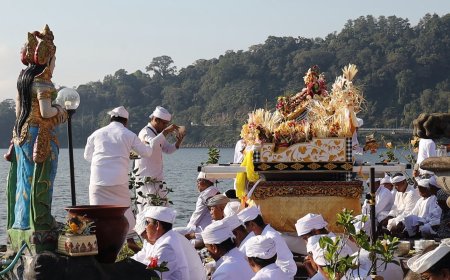Okokan Tradition as one of the Balinese cultures that is well known internationaly
Bali is a province rich in various traditions and rituals, and even in modern times, these traditions remain deeply rooted. This is also one of the attractions for both foreign and domestic tourists, and one of these traditions is called Okokan.
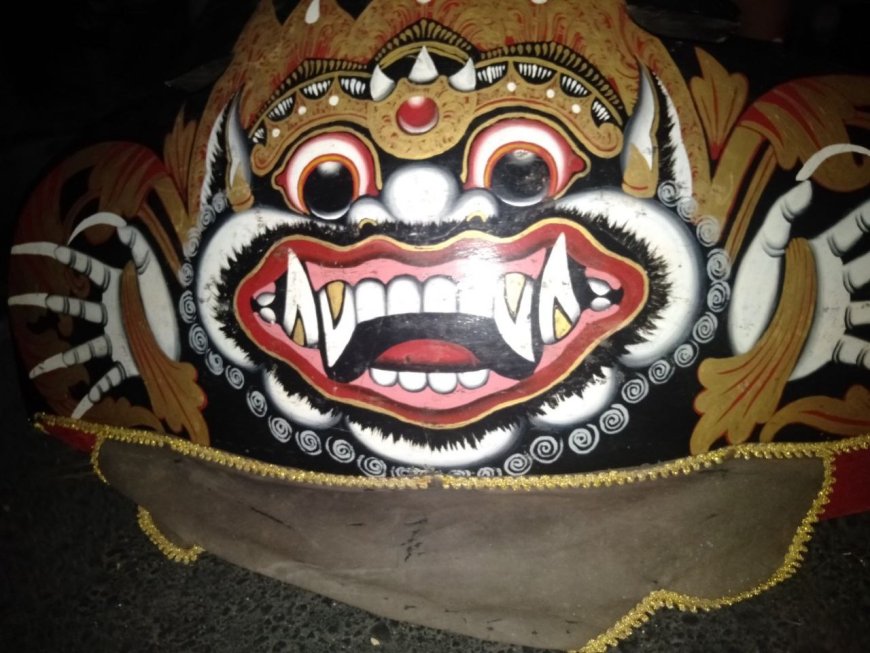
Okokan is a traditional musical instrument from Tabanan Regency, Bali Province. This musical instrument is made from carefully selected wood and is crafted to resemble a cow or buffalo bell, which makes a sound when swung. It has a small striker called 'palit' inside. Okokan can be used for entertainment purposes as well as for magical or ritualistic purposes. It is not used on animals like cows or buffaloes; instead, it is worn around the neck or carried on the shoulders of two players. Additionally, Okokan is accompanied by two players who play the large kendang, believed to have magical powers, and one player who plays the kajar while circling the village. Okokan, as a performing art, is played by approximately 30 players and is led by someone who plays the bajra (kleneng) as a signal.
One unique aspect of Okokan is the front part, which is adorned with a Boma face, symbolizing anger. This is a belief to neutralize negative energies. In Okokan traditional performances, the players wear simple attire, usually a black and white poleng cloth, and go bare-chested. However, in modern times, the costumes for Okokan players can vary depending on the performance and the organizers, but they still maintain the black and white (poleng) theme. Okokan can also be combined with baleganjur and other Balinese musical instruments such as bedug, ceng-ceng, and gong.
As Nyepi Day approaches, the people of Bali celebrate it with ogoh-ogoh, representing Bhuta Kala, which is created before Nyepi Day and paraded around the villages. Okokan can be found in three districts: Kerambitan District, Penebel District, and Kediri District, where it originally stems from the agrarian traditions of the local people, passed down through generations. In Kerambitan village, the Okokan tradition is similar but has a different way of execution. The Kerambitan village uses Okokan during the Calonarang performance, where each player wears Okokan. In Penebel village, Okokan is used during the harvest season as a symbol of gratitude for a bountiful harvest. In Kediri village, it is performed before Nyepi Day, with players carrying Okokan using bamboo.
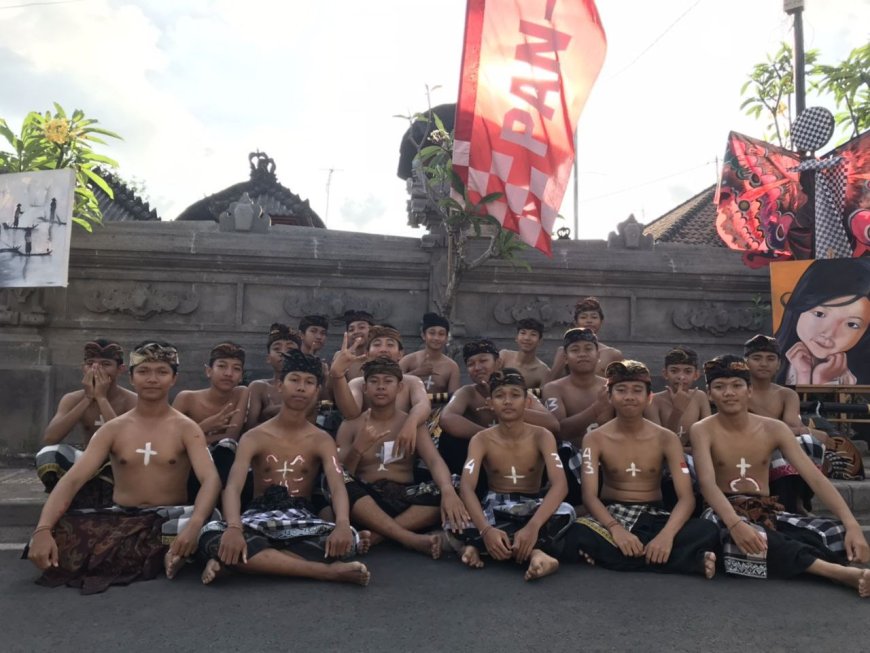
Okokan Player (Source: Editorial Collection)
In the past, the communities in Kerambitan, Kediri, and Penebel villages had a unique belief in Okokan, using it to neutralize negative energies in their villages during times of calamity or mysterious illnesses. Okokan also symbolizes fertility, creation, and harmony. The Okokan performances in these villages were not regular occurrences; they were held only when the village faced adversity or disease outbreaks, such as crop failure or unexplained illnesses affecting the villagers.
Today, the Okokan tradition in Kerambitan, Kediri, and Penebel villages is held annually before Nyepi Day and involves consultation among community members in each banjar (traditional neighborhood) within the respective villages. In contemporary times, Okokan is performed at various artistic events in Bali, especially in Tabanan. As time has passed, the Okokan tradition has become an attraction for both foreign and domestic tourists and is showcased in various artistic events.
The Okokan tradition has also spread through word of mouth, sometimes leading to variations in the stories associated with it compared to what has been passed down by the elders of Tabanan Regency. The elders of Tabanan's traditional villages and their communities have developed Okokan as entertainment for tourists. However, it is important to emphasize that any changes should not dilute the unique characteristics and authenticity of the Okokan tradition. This will ensure that the tradition and the stories passed down through generations from the elders to the present day continue to thrive and evolve in the modern era, preserving the cultural heritage of the people of Tabanan Regency.
The Okokan tradition has also spread through word of mouth, sometimes leading to variations in the stories associated with it compared to what has been passed down by the elders of Tabanan Regency. The elders of Tabanan's traditional villages and their communities have developed Okokan as entertainment for tourists. However, it is important to emphasize that any changes should not dilute the unique characteristics and authenticity of the Okokan tradition. This will ensure that the tradition and the stories passed down through generations from the elders to the present day continue to thrive and evolve in the modern era, preserving the cultural heritage of the people of Tabanan Regency.
